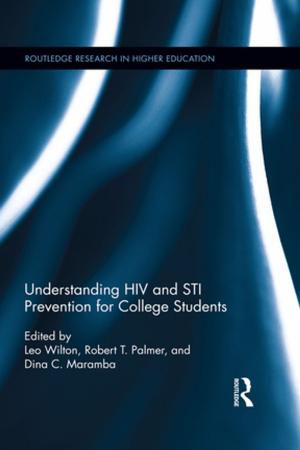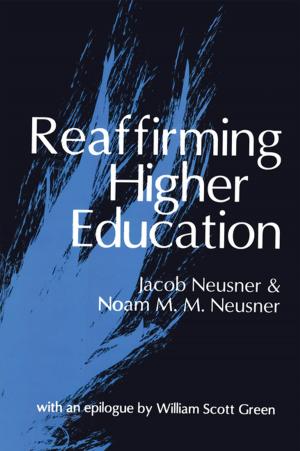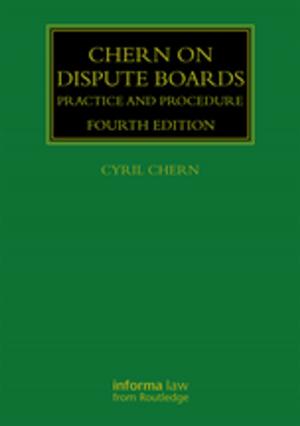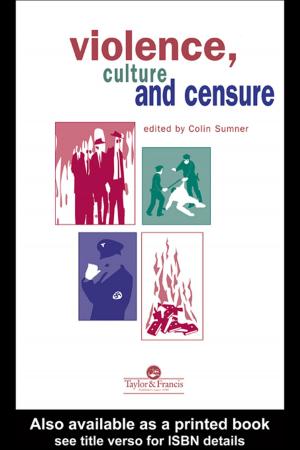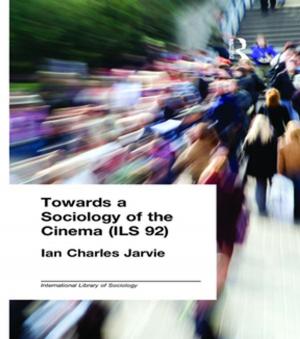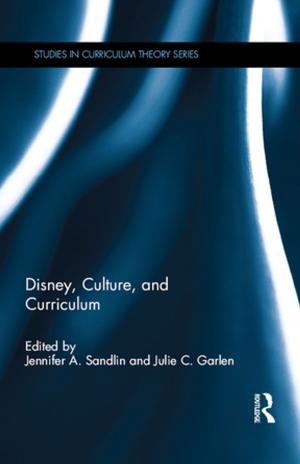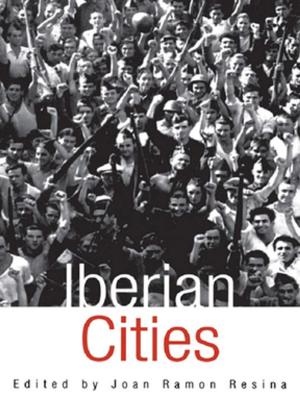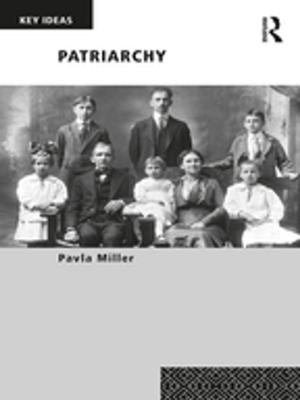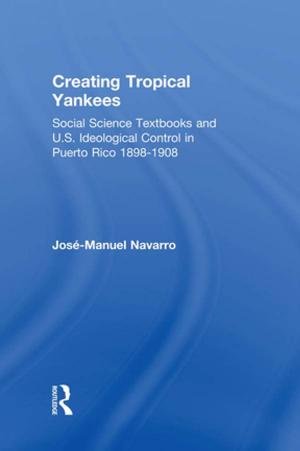Contested Criminalities in Zimbabwean Fiction
Fiction & Literature, Literary Theory & Criticism, African, Nonfiction, Social & Cultural Studies, Social Science| Author: | Tendai Mangena | ISBN: | 9780429807565 |
| Publisher: | Taylor and Francis | Publication: | December 7, 2018 |
| Imprint: | Routledge | Language: | English |
| Author: | Tendai Mangena |
| ISBN: | 9780429807565 |
| Publisher: | Taylor and Francis |
| Publication: | December 7, 2018 |
| Imprint: | Routledge |
| Language: | English |
This book addresses the ways in which writers deploy the trope of contested criminality to expose Zimbabwe's socially and politically oppressive cultures in a wide range of novels and short stories published in English between 1994 and 2016. Some of the most influential authors that are examined in this book are Yvonne Vera, Petina Gappah, NoViolet Bulawayo, Brian Chikwava, Christopher Mlalazi, Tendai Huchu and Virginia Phiri.
The author uses the Zimbabwean experience to engage with critical issues facing the African continent and the world, providing a thoughtful reading of contemporary debates on illegal migration, homophobia, state criminality and gender inequalities. The thematic focus of the book represents a departure from what Schulze-Engler notes elsewhere as postcolonial discourse’s habit of suggesting that the legacies of colonialism and the predominance of the ‘global North’ are responsible for injustice in the Global South. Using the context of Zimbabwe, it is shown that colonialism is not the only image of violence and injustice, but that there are other forms of injustice that are of local origin. Throughout the book, it is argued that in speaking about contested criminalities, writers call attention to the fact that laws are violated, some laws are unjust and some crimes are henceforth justified. In this sense crime, (in)justice and the law are portrayed as unstable concepts.
This book addresses the ways in which writers deploy the trope of contested criminality to expose Zimbabwe's socially and politically oppressive cultures in a wide range of novels and short stories published in English between 1994 and 2016. Some of the most influential authors that are examined in this book are Yvonne Vera, Petina Gappah, NoViolet Bulawayo, Brian Chikwava, Christopher Mlalazi, Tendai Huchu and Virginia Phiri.
The author uses the Zimbabwean experience to engage with critical issues facing the African continent and the world, providing a thoughtful reading of contemporary debates on illegal migration, homophobia, state criminality and gender inequalities. The thematic focus of the book represents a departure from what Schulze-Engler notes elsewhere as postcolonial discourse’s habit of suggesting that the legacies of colonialism and the predominance of the ‘global North’ are responsible for injustice in the Global South. Using the context of Zimbabwe, it is shown that colonialism is not the only image of violence and injustice, but that there are other forms of injustice that are of local origin. Throughout the book, it is argued that in speaking about contested criminalities, writers call attention to the fact that laws are violated, some laws are unjust and some crimes are henceforth justified. In this sense crime, (in)justice and the law are portrayed as unstable concepts.

